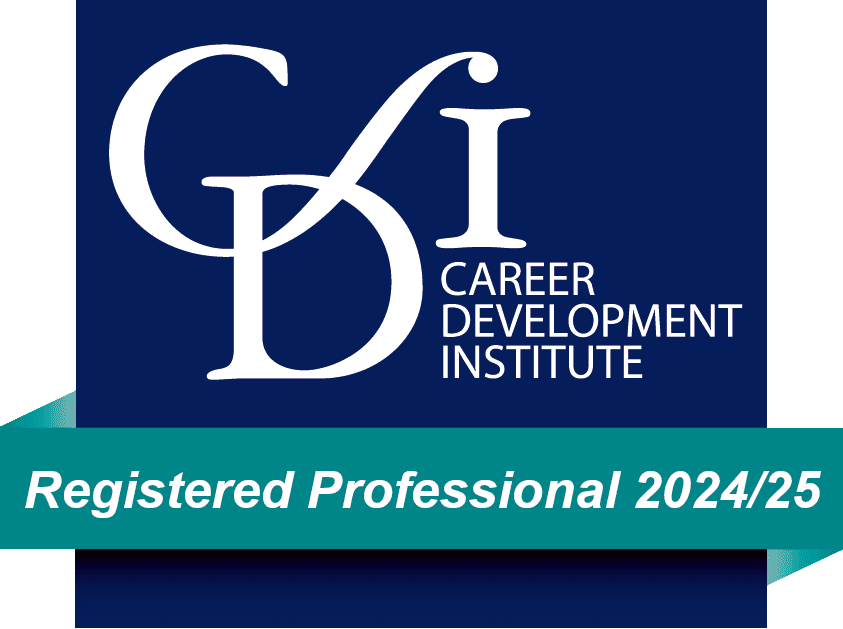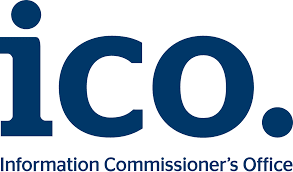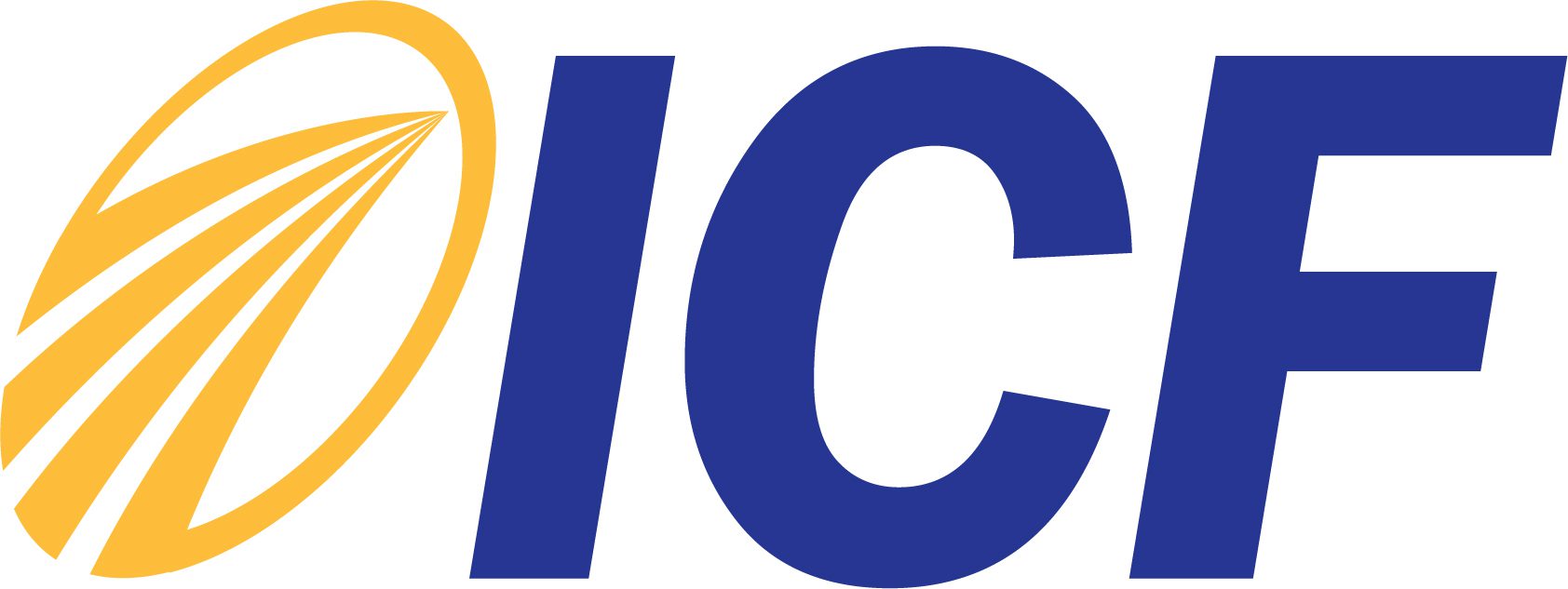In an increasingly competitive c-level jobs market, how do you show that you add value and importantly when up against similarly qualified candidates, how do you differentiate yourself?
-
Personal Chemistry
I’ll cover this first; regardless of how well you are able to put across your skills, you need to work on creating rapport – in a big way. So take a look at the interviewers LinkedIn profile. Are there are hobbies that you have in common? What about the companies annual report or in-house (if you can access it) news letter? Any snippets of useful info that you can throw into the conversation early on? Don’t get me wrong here, you either hit it off or you don’t with any given individual, but there’s no harm in seeking some personal common ground if you can.
-
Step into their shoes
If you’re being interviewed by a CEO, Panel, NED, whoever it might be, it’s vital to put yourself in their shoes. What makes them tick? What motivates them? Why are they needing someone in the role now? What’s the broader picture? Having this mindset will help to ensure that you’re not just blindly reeling off skills/abilities, but that you’re focussing on what matters to them.
-
Repetition builds Reputation
A somewhat “corny” sounding phrase harking back to my ad. sales days in the 80′s, but I think it holds true in an interview situation. The phrase was designed to encourage repeat advertising, but in an interview context you sometimes have to make a point two or three times before it sticks, so throughout the interview I suggest focussing on your personal added value, and keep coming back to your key points of differentiation – not overly so (you be the judge), but two or three mentions of a key point would be fine.
-
The 2 or 3%
This is a phrase that perhaps I coined (not sure about that one!), but in any case it relates to the small difference there is likely to be between you and the other candidates for the c-level role you’re going for. So be memorable (in a good way!) and ensure that you state your case thoroughly in the interview. For me, a lot of it comes down to personal chemistry as I’ve mentioned, which is difficult to “teach”, but it’s certainly something that I focus on. The remainder falls into the “what additional digging can I do that other candidates may not have done?” category.
If you’d like to receive regular executive career tips & a copy of our report on navigating the hidden jobs market, just complete the form above.











